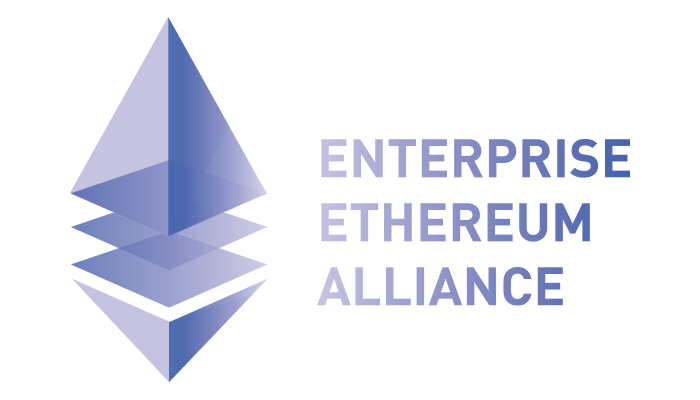It has been a while since we last heard from the Enterprise Ethereum Alliance. Although this entity has made a great impact already, it’s always good to learn about new initiatives. It seems the group is now focusing on three new areas of interest. Digital identity, energy, and multiplatform working groups have been established to explore new opportunities. It’s an interesting development for the EEA, as blockchain technology can make a big impact in all of these areas.
An Exciting New Venture for the EEA
It has been a pretty good year for the Enterprise Ethereum Alliance. This initiative launched not long ago and has quickly become the world’s largest open-source blockchain initiative. With support from several dozen members across various industries, no one can deny the interest in both blockchain and Ethereum technology has never been greater. It will be interesting to see how all of this plays out in the long run, though, as there are quite a few initiatives taking place.
More specifically, the Enterprise Ethereum Alliance is working on a total of 17 different initiatives as we speak. Every single one of these has its own working group or committee overseeing research and development. With its new focus on digital identity, energy, and multiplatform interoperability, another important step has been taken by the EEA. Creating and delivering specific advancements in Ethereum-based technologies for these industries will be an exciting challenge.
Jeremy Millar, a founding board member at the EEA, explained the new venture as follows:
EEA’s member-driven working groups focus on solving the real-world challenges of deploying and using Ethereum in the enterprise. The output of the working groups is a key component of EEA’s mission and active participation is something our members find valuable to their businesses. Identity, energy and multiplatform interoperability are three areas where EEA members see real advantages to using Ethereum technologies in 2018. Working groups allow them to innovate, test new ideas and stay competitive.
It is good to see such great interest in the Enterprise Ethereum Alliance and its open-source blockchain initiatives. After all, we all know how blockchain technology can make a positive impact in many different industries. However, very few projects have anything to show for their efforts in this regard, let alone an open-source approach. Especially in the financial sector, most of these trials are conducted using distributed ledger technology, rather than a true blockchain. The EEA may be able to make a positive impact in this regard in the next few years.
These three new working groups will have their work cut out for them. The digital identity group will focus on how Ethereum can play a role in the issuance and use of digital identity tools and services moving forward. The energy working group will mainly focus on creating industry standards around Ethereum blockchain implementations. It seems both oil and gas are two of the main sectors being targeted right now, although mining, refining, grids, and other verticals are of great importance as well. Building the necessary infrastructure this industry needs will take some time, though.
Last but not least, there’s the MultiPlatform Working Group. Making the Ethereum platform available on multiple operating systems and physical hardware is not a task to be taken lightly. It may sound simple on paper, but the reality may be very different. In its current form, Ethereum works fine across some OSs, but it is evident a lot of progress has yet to be made. Anyone who is enthusiastic about cryptocurrency and blockchain technology will benefit from any progress made by this particular working group in the coming years.

